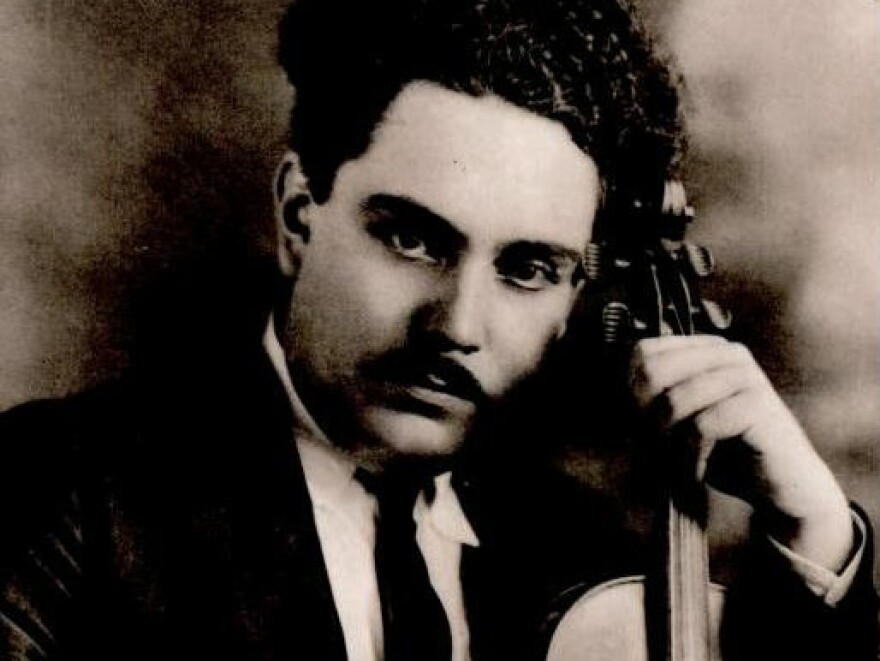Author Anya Pogorelova is a pianist, percussionist, and music educator pursuing a Doctor of Musical Arts degree in Wind Conducting at UMKC Conservatory.
Based on a 1934 poem of the same name by the Cuban poet Nicolás Guillén, the evocative Sensemayá is one of Silvestre Revueltas’ most famous compositions. The 6-minute work was written initially for a small chamber orchestra in 1937, expanded into a full-scale orchestral work in 1938, and later transcribed for wind ensemble in 1980. The title of Guillén’s poem, “Sensemayá: canto para matar una culebra,” translates to “Chant for Killing a Snake” and depicts a folkloric Afro-Cuban ritual of killing and sacrificing a cunning snake with glass-like eyes.
Beginning with a series of continuous 16th notes, Revueltas conveys the snake’s winding movement with a faint sacrificial dance rhythm in the undercurrent. This repetitive rhythm, combined with unexpected accents and dissonant harmonies, rushes towards the snake’s imminent doom - almost invoking, in its own way, the famous “Dances of the Young Girls” from Stravinsky’s Rite of Spring.
Many musicians and listeners accept this programmatic, tone-painting interpretation - but there is so much more at play. Silvestre Revueltas was a multifaceted cultural leader, serving as the president of Liga de Escritores y Artistas Revolucionarios (LEAR; League of Revolutionary Writers and Artists) in the years 1936 and 1937. During this time, he met Nicolás Guillén and attended one of his poetry readings. Take a listen to Guillén reciting his own work, paying particular attention to the ostinato rhythm from the very start and the strings after rehearsal marking 10 (roughly the 1:35 minute mark):
Guillen’s poetry is unmistakable in the melodic m’yombe - bombe - mayombé chant and the rhythmic sen-se-ma-yá cadence, as seen in the figures below. Reading the poem on paper may have led Revueltas to create an entirely different setting - but pairing the music with the spoken word highlights the historic and personal relationship between the poet and the composer.


Not convinced yet? Simply a coincidence? Take a look at Revueltas’ first handwritten draft and the notes found below the music.

You can hear Sensemayá performed by the UMKC Conservatory Wind Symphony on Tuesday, April 26.
Event Details
What: UMKC Conservatory Wind Symphony
Where: White Hall (Olson Performing Arts Center, 4949 Cherry Street)
When: April 26, 7:30 p.m.
Cost: Free




